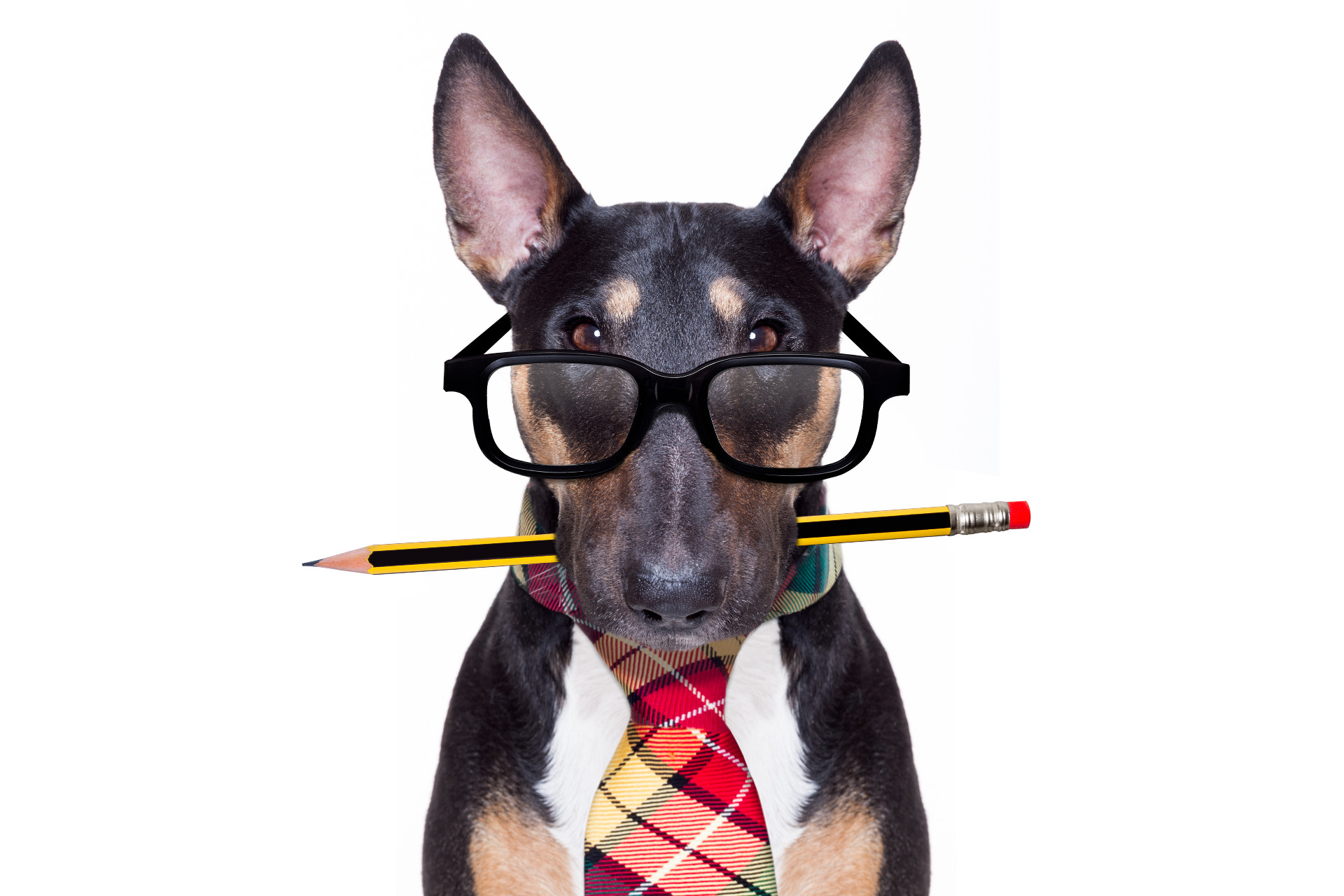No matter if you have a puppy, adult or even a senior dog, they are all protective of their house and their family. Most of it is complete instinct, as dogs bark at what they don’t know or are scared of in case it turns out to be a threat. To keep your dog from jumping up or attacking the mailman or any overnight house guests, it’s important to train them properly.
This is especially important for particularly energetic or youthful dogs, as they have more energy than most and are even harder to train. To help you get a better understanding of how to control your dog in the event of a house guest, check out the great tips and infographic from House Call Pro in their guide to training your dog to love visitors.
In order to prevent bites and other potential injuries that your dog can cause, making sure they don’t feel threatened is key. Exercise is one of the best ways to calm your dog and improve their ability to listen to your commands. House Call Pro recommends taking your dog for a run, playing tug-of-war or even running around the house with them – whatever tires them out and gets them ready to meet a new house guest. And while you can’t always know ahead of time when a visitor will swing by, when you do have a planned guest, getting that exercise in shortly before their arrival (around 30 min) is the optimal time.
If even after exercise your pup is still full of energy and ready to attack, try moving them to another room, the backyard or even crating them until they calm down. This will help prevent any potential injuries and ensure everyone stays safe. You can slowly introduce your dog to the house guest once they have relaxed, by bringing him or her to a neutral location and letting the dog sniff the new guest and approach on its own terms. If your dog behaves well during this introduction, make sure to give plenty of treats to reward that good behaviour (for example, not jumping or biting) and create a positive experience with strangers.
Lastly, monitoring your dog’s body language throughout their interaction with others is key to preventing attacks and will change how you approach training. For instance, if your dog is tensing up and barring their teeth, they are in a state of aggression and it’s best to remove them from the area completely. Dogs that are drooling with a tucked tail are likely scared or anxious, so encouraging talk and plenty of treats are recommended to help them feel more comfortable.
Letting your house guests know about your dog ahead of time, and any of their bad habits you are looking to fix can also help speed along training. If your dog is a jumper, let your guest know to not reward this behaviour with attention, instead have them turn around and ignore the dog until he sits. Then, rewarding good behavior with a pet or treat will help them learn how you want them to act around strangers. On the opposite end, if your dog is shy or scared, let your guest know to let the dog approach them and to move slowly as to not frighten your pup.
Baby talk is another common practice with dogs that can often be harmful. It’s best to not encourage your guests to talk to your pets in a high-pitched tone, as this can actually be a cause of stress and confusion for animals. It also shows weakness, which more aggressive dogs can try to take advantage of by jumping or biting. Using a calm and monotone voice when talking to a dog in a new home is the best way to establish dominance and create a calming environment.
Over time, with strict commands and plenty of patience, even the most unruly pup will greet every TV repairman, plumber and out-of-town guest like a lifelong friend. Training does take time and can seem impossible, but with perseverance and consistency, your dog will eventually come to understand exactly what you want him to do. Dogs want to please you, so by working from a place of positivity and rewarding good behaviour, you can create a strong bond with your pup that lasts a lifetime.
Guest post provided by House Call Pro. Check out the infographic from House Call Pro below, try out their expert tips and tricks and then let us know how your training process goes in the comments!

These articles have been provided by guest authors as acknowledged in the article body. If you would like to contribute an article to this site, then please get in touch.

It is essential to ensure that your dog feels safe and comfortable around visitors in your home, as this will help prevent any potential behavioral issues or anxiety.By following the right training techniques and tips, you can help your pup become more social and relaxed around people, making it a much more enjoyable experience for both your furry friend and your guests. Great work for the author for providing this kind of tips and guides.